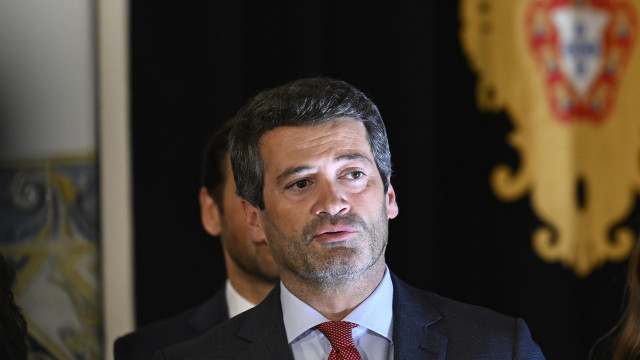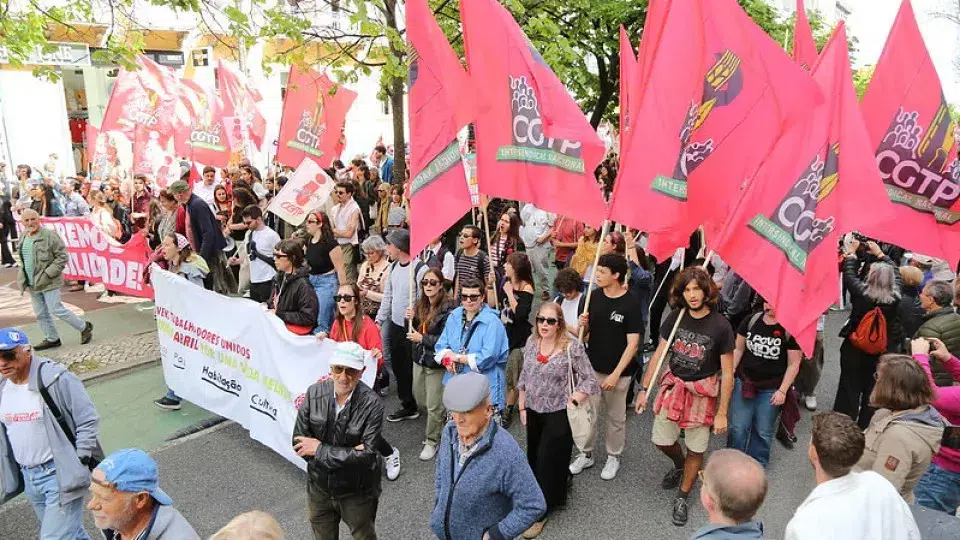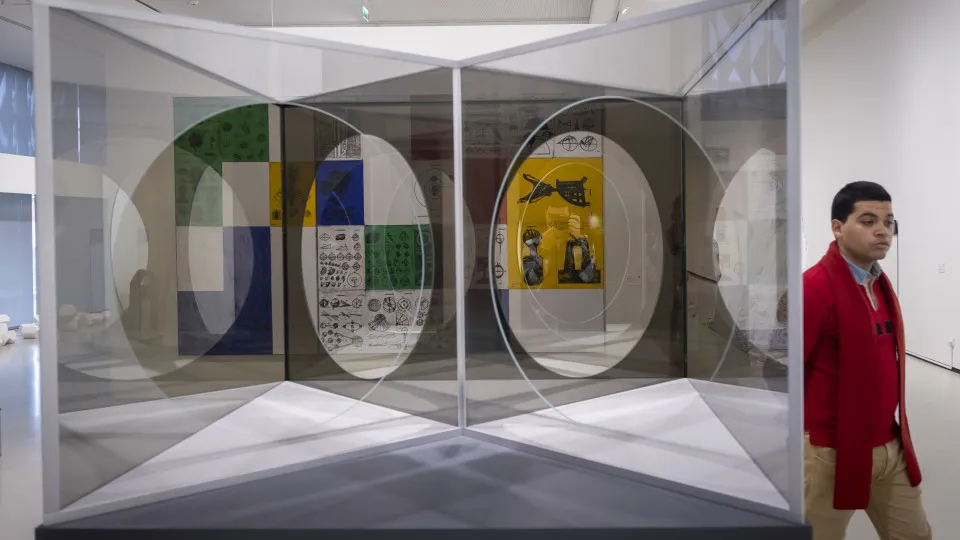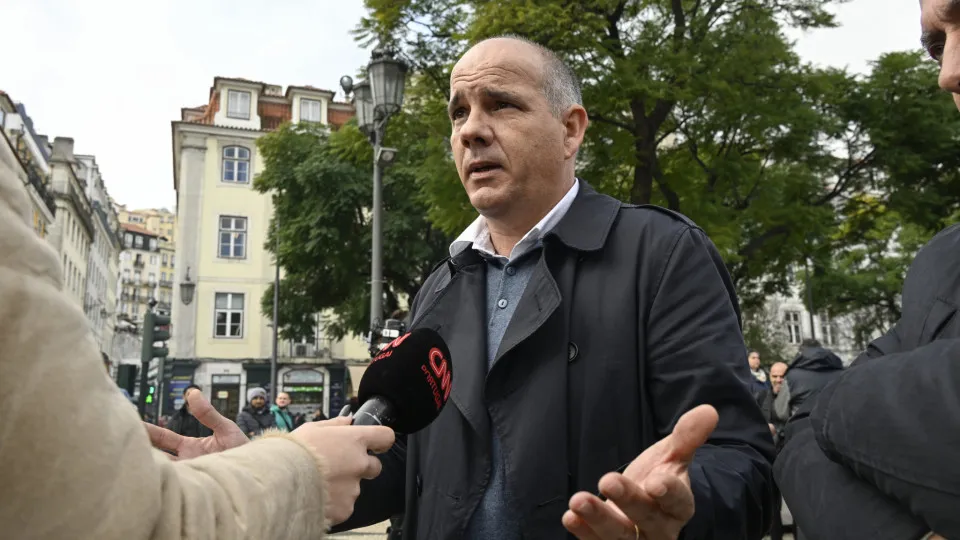The decree-law amending the Statute for Cultural Professionals, with a view to facilitating access to the activity suspension allowance for self-employed workers in the sector, was approved by the Council of Ministers on Thursday.
According to the statement issued by the Council of Ministers, the amendment “promotes a reduction in the contribution rate for cultural professionals on very short-term employment contracts and self-employed workers registered in the register of cultural professionals and covered by the special social protection scheme provided for in the Statute”.
In addition, “and for the purposes of calculating the guarantee period, the value of the Social Support Index is adjusted, speeding up access to the cultural activity suspension allowance”.
The law that has now been approved also provides for “the possibility for professionals in the field of culture to register with the RPAC [Register of Professionals in the Field of Culture], opting to apply only the social protection scheme set out in the Code of Contributory Schemes of the Social Security Welfare System”.
On February 23, the Ministry of Culture sent a letter to entities representing the culture sector, in which it reported on a draft decree-law to amend the Statute.
According to the document, to which Lusa had access at the beginning of March, the proposed amendment focused on “two fundamental aspects”: changing the contribution rates provided for in the Statute and the conditions for access to the cultural activity suspension allowance.
The cultural activity suspension allowance is equivalent to unemployment benefit for self-employed workers with very short-term contracts who are registered with the RPAC.
In May last year, organizations representing the culture sector complained that there had been several months of late payments or even no response to requests to suspend activity.
In July, at a parliamentary hearing, the Minister of Culture, Pedro Adão e Silva, explained that the “very small” number of potential beneficiaries of the subsidy was due to its optional nature and the additional effort required to pay contributions.
The Statute for Cultural Professionals came into force in phases in 2022. It wasn’t until October 1st of that year that workers were able to access the subsidy.
In order to gain access, cultural workers are subject to a contribution rate of 25.2%, which is the same as the rate applicable to self-employed workers under the general regime, 21.4%, and an additional contribution of 4.2%.
In the decree-law approved by the Council of Ministers on Thursday, the contribution rate is reduced from the current 25.2% to 21.4%, i.e. “an additional contribution to the Special Social Security Fund for Professionals in the Cultural Area is no longer required”.
In the contribution rate for professionals with very short-term employment contracts registered in the Statute, the part that is the responsibility of the worker will rise from the current 11% to 9.3%.
In addition, the value of the Social Support Index (IAS) used in the formula for calculating the guarantee period is to be reduced from 2.5 IAS to 2 IAS.
The decree-law also clarified some aspects, “namely with regard to the situation of entities that merely intermediate and/or collectively manage copyright, when they act exclusively within the scope of this activity”.
In a statement released at the beginning of March, Plateia – Association of Performing Arts Professionals considers that the proposed changes “respond to long-standing demands, but maintain fundamental injustices”.
The Plateia said it agreed “with most of the points in the proposed amendment”.
“Reducing the guarantee period (number of working days needed to access the benefit) for access to the Activity Suspension Allowance, which we have always demanded, is fundamental, and should go even further, counting all income and not just the base income, i.e. 70%. Reducing contribution rates is also essential, so that people can join the special social protection system,” he said.
However, the association regretted “that the revision now proposed wastes the opportunity to make the fundamental changes that are essential”.








